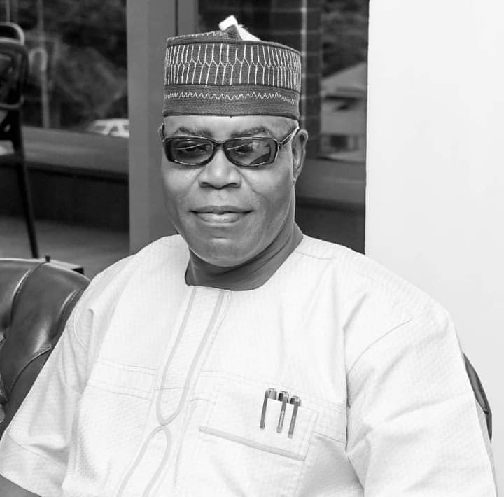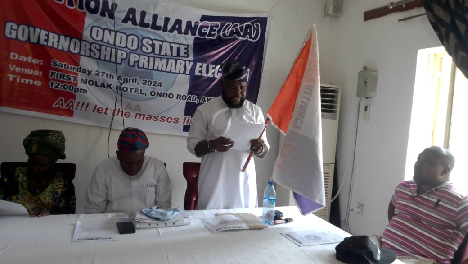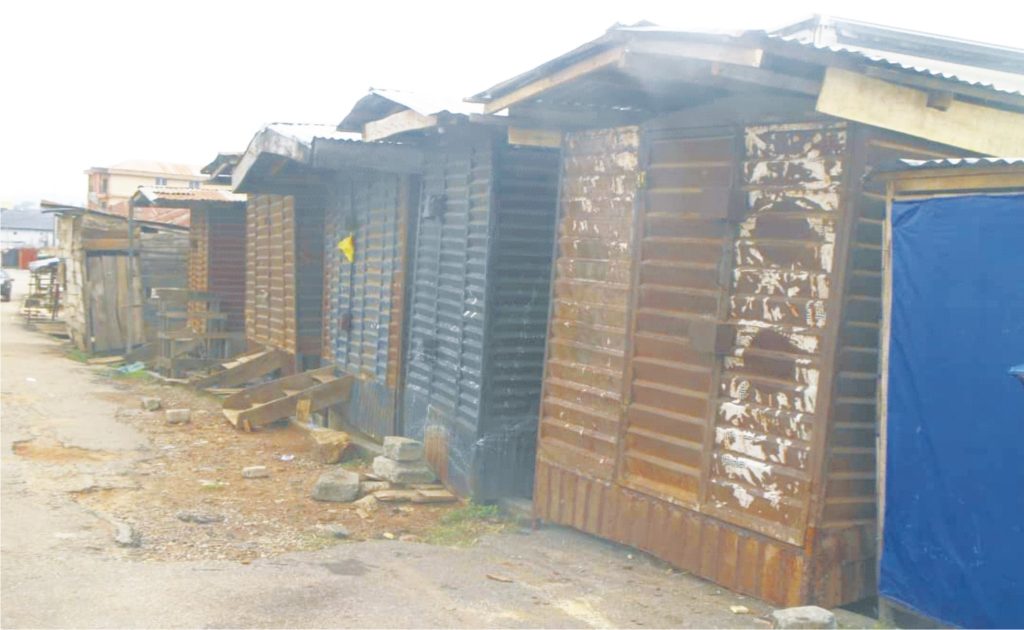Proposed Social Media Bill: Regulation or gagging?
By Bayo Fasuwon
Whenever a child falls, it looks to the front, fixing his gaze on the goals ahead. But when an adult falls, he gets up, looks behind to determine what had fallen and befallen him. That is the aftermath of the #EndSars protest that held Nigeria hostage for more than two weeks. While the youth are seeking for ways to prolong the agitations for ‘a better inclusive society’, the elders, mostly political office holders are enquiring into the cause and effect of the youth uprising.
Both seemed to have arrived at a particular observation that the social media played vital key in the struggle, apart from the monies collected, which the Federal Government seeks to freeze. The social media in fact had been a rallying point for all the protesters, and also an instrument for soliciting for funds to ensure the success of their agitations. On the part of the political office holders, at all levels, they have concluded that without the social media, the protests would have died a natural death at its birth.
So while the youth are seeking for reduced data costs, reduction in the prices of smart phones and constant electricity to ensure their online political and social participation; political office holders are clamoring for the censorship of the social media, which to them have become harbingers of fake news and propaganda and thus has become a tool of terrorism against the unity and sanity of the nation.
From the viewpoint of the proponents and supporters of social media regulation, the regulation of the social media would curtail hate speech, fake news, bullying and further disintegration of the country. In short, it would help to ‘prevent falsehoods and manipulation in internet transmission and correspondence in Nigeria, as well as to suppress falsehoods and manipulation and counter the effects of such communication and transmission and to sanction offenders with a view to encouraging and enhancing transparency by social media platforms using the internet correspondence’. Furthermore, the regulation of the social media in Nigeria would seek to ‘end the financing of online mediums that transmit false statements and ‘measures will be taken to detect and control inauthentic behaviour and misuse of online accounts (parody accounts)’.
To this end therefore no one would be allowed go scot free if such posts statements on the internet that may affect the security of or any part of Nigeria; affect public health, public safety or public finance; affect Nigeria’s relationship with other countries; influence the outcome of an election to any office in a general election; and or cause enmity or hatred towards a person or group of persons’. A cursory look into these intentions would present a group of people who are concerned about the welfare of the country, but how true is that?
Those who oppose the censorship of the social media in Nigeria have one basic argument. That is that government and politicians can never be trusted. From their perspective, who gags Ministers when they appear in press conferences and the old media spewing lies to the public? They are of the opinion that the government having seen the mobilizing power of the social media against irresponsive governance is trying to ensure that the freedom of speech is technically and tactically expunged from the constitution of the Federal Republic of Nigeria. They are not quick to forget that the same personality that introduced the ubiquitous Decree 4 in 1984 is still in the saddle and would try every means to re-introduce dictatorship and totalitarian policies under a democratic garb.
Listening to both sides reveal that there have been a breakdown in truthful communication between the government and people it portends to lead. Despite the Freedom of Information Law, many Nigerians are still in the dark concerning many issues that seek answers. The Nigeria citizens do not know who to seek for their pains, anguish and distress to get into the ears of government. Legislators have distanced themselves from the people, while Governors seem too high to approach. The non democratic nature of local government ensures that the citizens do not even have representation at the grassroots. Therefore, the social media becomes the only alternatives to interact, get information and instruction on how to survive as a Nigerian. The gap left by government has been filled by the social media, and many Nigerians have adapted to it. Government intention against the social media had been on since 2015 under different captions, but #Endsars had gingered them to pursue it with more vigor.
If government would be truthful, transparent and interact with her citizens in sincerity and measurable objectivity, the social media would lose its power of negative control. It is sad to note that this present government promotes the spread of fake news by the silence of the ruling elites at crucial times. Government should allow the full implementation and domestication of the Freedom of Information Law at all levels and also engage her citizens in town hall meetings in order to curb the spread of unwanted news.
Government should also realize that organisations such as YouTube, Facebook and Google work with governments to block or remove incorrect and disturbing contents before it even gets to the consumers. Many nations in the world have successfully done this, without jeopardizing interactions and interface with government. Many people in Nigeria have had their accounts suspended by Facebook due to reports made against them. It would not be a bad idea for government to do this. But those who must come to equity must come with clean hands. Government and its spokespersons must be truthful at all times, for lies to die. If this “control” of the social media would not be hijacked by the Nigeria factor, and be turned into an instrument of oppression, frivolous arrests, gagging of the people, and the prevention of genuine protests (if need be), Nigerians would embrace it. No one likes cyber bullying or the spread of fake news. Let us speak the truth in love, one to another.










